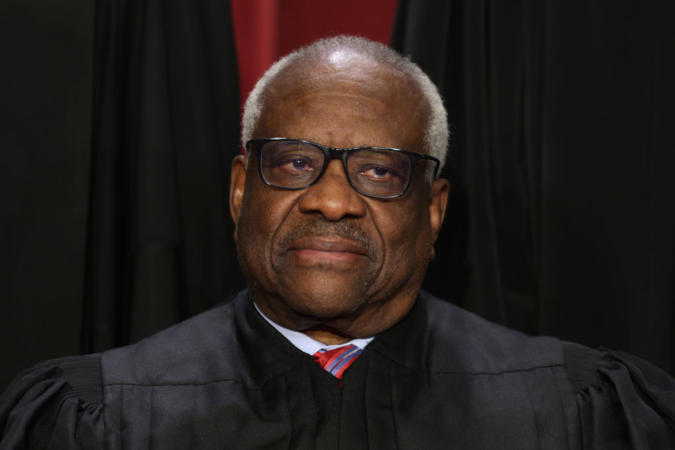On Monday, the Supreme Court heard oral arguments in one of two cases that will decide whether race can be used as a factor in college admissions. While the court has in the past upheld the use of race as part of a holistic admissions process, the new conservative supermajority of the court is expected to reverse prior decisions.
UNC and Harvard defend race-conscious admissions
The Supreme Court on Monday heard arguments from lawyers on both sides of cases involving the University of North Carolina and Harvard University (note: the author of this article teaches at Harvard). As Blavity previously reported, the universities have been sued by the group Students for Fair Admissions (SFFA). Though the organization has claimed that affirmative action policies hurt the admissions chances of Asian American applicants, the organization was actually founded by Edward Blum, a white conservative who has spearheaded multiple legal cases against affirmative action over the years.
“No Clue” about diversity
Despite the Supreme Court having upheld affirmative action in the past and lower courts specifically ruling in Harvard’s favor in the current case, the conservative justices’ questions and comments Monday reaffirmed their opposition to the policy. Justice Clarence Thomas, who has in the past argued that affirmative action places a stigma on those who benefit from it, criticized defense lawyers arguments that diversity in university student bodies is beneficial. “I’ve heard the word diversity quite a few times,” Thomas said, “and I don’t have a clue what it means.”
Justices divided on affirmative action
In arguing that the concept of diversity was too broad, Thomas was aligned with other conservative justices whose comments also demonstrated hostility towards the policy. Chief Justice John Roberts and Justice Samuel Alito indicated that they see affirmative action as unduly benefiting minorities and having no clear endpoint. Meanwhile, new Justice Ketanji Brown Jackson – who will help decide the UNC case but has recused herself from the Harvard case because of her past position as a member of the school’s governing body – defended using race as a part of “looking at the full person” in admissions decisions. Liberal justices Elena Kagan and Sonia Sotomayor had similar stances in their comments and questions.
Conservatives likely to decide court ruling
If the Supreme Court does shoot down affirmative action, the ruling would be the latest in a string of conservative decisions made by a court dominated by Republican appointees. Earlier this year, the court overturned decades of previous rulings in order to overturn Roe v. Wade, striking down a national right to abortion. This was one of several conservative-leaning rulings by the court this year; others included upholding restrictive voting laws and striking down gun restrictions.
The court is not expected to issue its ruling on the college admissions cases until next year. But unless some of the six right-leaning justices surprise onlookers by siding with their three liberal colleges, the court will likely curtail or end the use of race in college admissions, a ruling that will almost certainly make it harder for Black applicants and other people of color to gain admissions to colleges and universities around the country.

